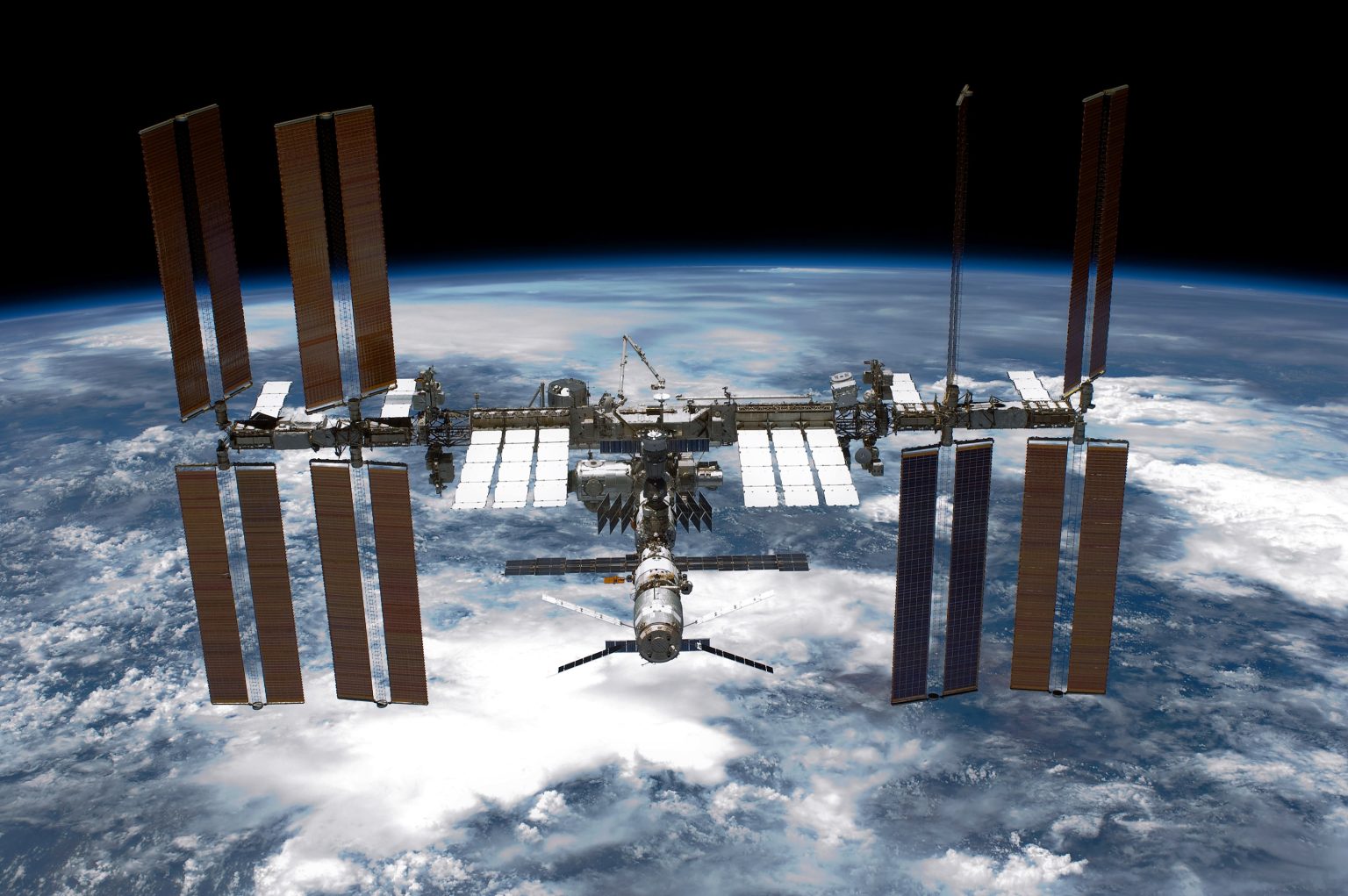The International Space Station (ISS), a symbol of international collaboration and a crucial hub for space research, recently became the subject of unfounded online rumors alleging a “catastrophic failure.” An anonymous post originating on 4Chan, an online imageboard known for its anonymity and often unverified content, claimed that a “major structural crack” had been detected on the ISS, leading to an uncontrolled deorbit. This alarming post, which quickly spread to other platforms like Reddit, sparked concerns about the safety of the astronauts aboard and the future of the orbiting laboratory. However, NASA swiftly addressed the rumors, unequivocally stating that the ISS was operating as planned and the crew was safe. The agency provided a link to a live tracking map, allowing the public to verify the station’s stable orbit. Further debunking the claims, a community note on X (formerly Twitter) flagged the rumor as false, emphasizing the lack of confirmation from official sources like NASA or Roscosmos, the Russian space agency.
The incident underscores the potential for misinformation to spread rapidly in the digital age, particularly regarding sensitive topics like space exploration. While the anonymous post lacked any credible evidence, it briefly fueled anxiety and speculation about the ISS’s integrity. The quick response from NASA, coupled with the community-based fact-checking mechanisms on social media platforms, played a vital role in mitigating the spread of the false narrative. This event highlights the importance of relying on verified sources and official channels for information, especially in the context of complex and potentially hazardous undertakings like space missions. The episode also serves as a reminder of the vulnerability of public trust in the face of unverified information online.
The ISS, a testament to human ingenuity and international cooperation, continues to orbit Earth, serving as a vital platform for scientific research and technological advancement. The station’s future is secured until 2030, with ongoing plans for its eventual decommissioning and the development of private space stations and other orbital platforms. Despite the unfounded rumors, the ISS remains a symbol of human exploration and our enduring quest to understand the universe. The incident serves as a valuable lesson in media literacy and the importance of critical thinking in the digital age, reminding us to approach online information with skepticism and to seek out credible sources for verification.
The story of two NASA astronauts, Butch Wilmore and Suni Williams, further emphasizes the ongoing activities and commitment to the ISS. Initially scheduled for an eight-day mission in June, their stay was extended to eight months due to issues with Boeing’s Starliner capsule. This unexpected extension highlights the unpredictable nature of space travel and the adaptability required of astronauts and space agencies alike. Their continued presence on the ISS underscores the station’s ongoing role as a hub for scientific research and a testament to the dedication of the individuals involved in space exploration. The astronauts’ extended mission, while unforeseen, provides valuable time for conducting research and maintaining the station’s vital functions.
The false alarm surrounding the ISS serves as a stark reminder of the power of misinformation and the crucial role of accurate reporting and official communication in maintaining public trust. In an era dominated by social media and the rapid dissemination of information, it is increasingly important to discern credible sources from unreliable ones. The incident also highlights the importance of transparency and open communication from organizations like NASA in addressing public concerns and preventing the spread of unfounded rumors. The swift and decisive response from NASA in this instance effectively countered the misinformation and reassured the public about the safety and stability of the ISS.
This incident further underscores the need for robust fact-checking mechanisms and media literacy. The community note on X, which flagged the rumor as false, demonstrates the potential of collaborative fact-checking in combating misinformation. Furthermore, the incident highlights the responsibility of individuals to critically evaluate information encountered online and to seek out reliable sources before sharing potentially misleading content. The ISS incident serves as a valuable case study in the ongoing battle against misinformation and the importance of responsible information consumption in the digital age.

